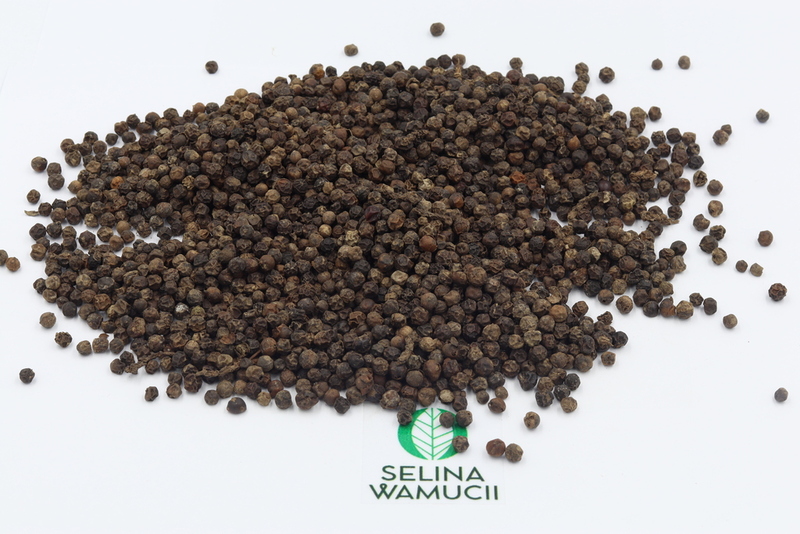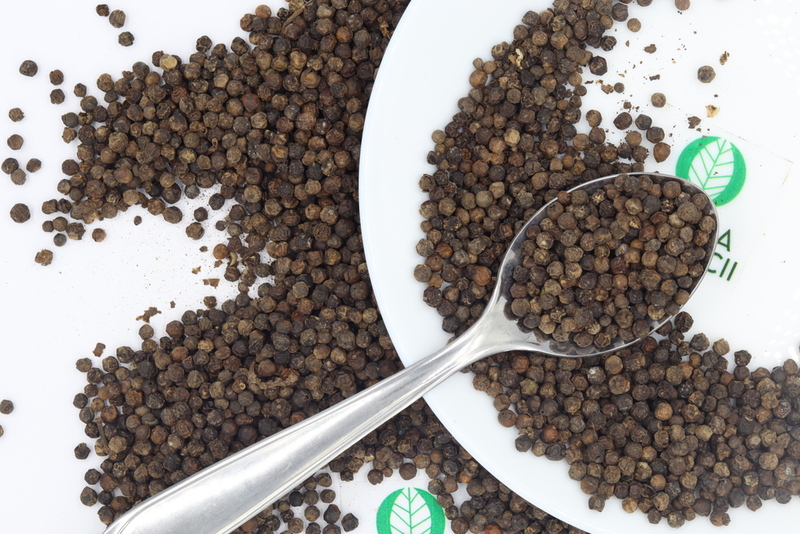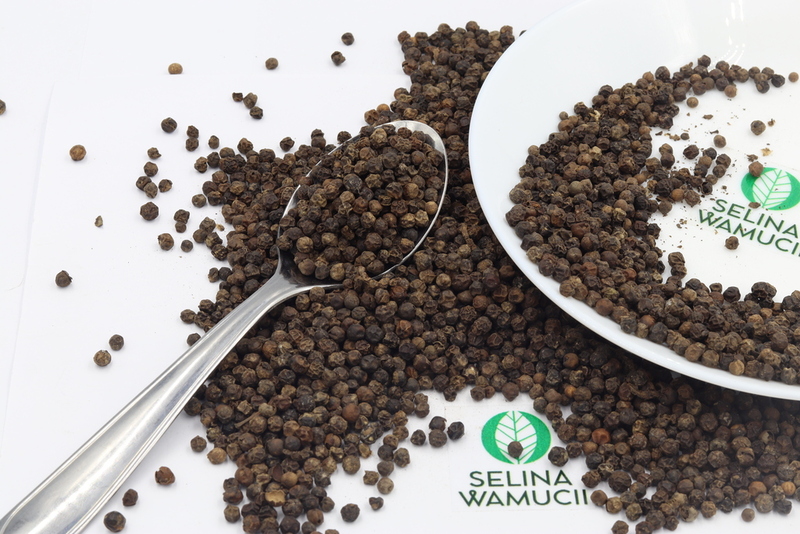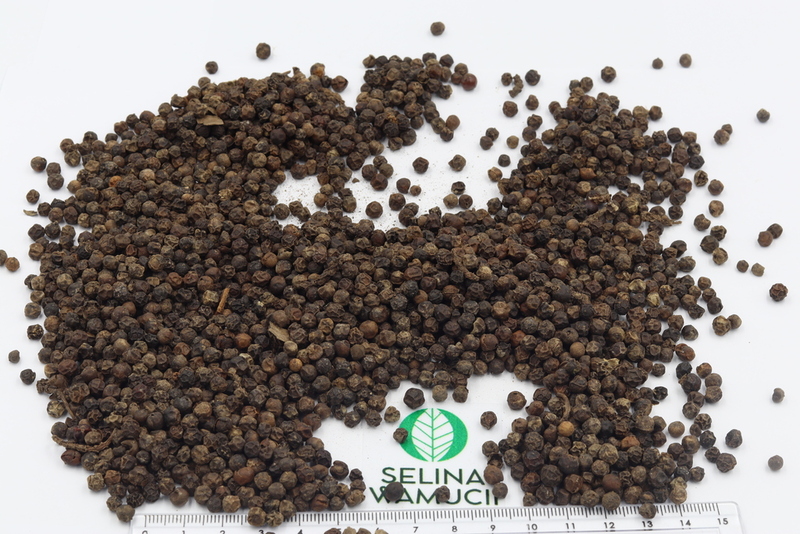Buy Ethiopia Black Pepper Directly From Exporters & Suppliers - Best of 2024 Market Prices
Get Instant QuoteEthiopia black pepper is a popular product in the domestic and international market. In Ethiopia an estimated 1,104,300 square meters of land is covered with pepper. The larger national share comes from family growers and smallholder farmers across the country.
Export forms
Black pepper is the most commonly sold pepper. It is exported in dried or ground form.
There are also other export forms such as whole, ground or crushed berries.
Produce & origin
Ethiopia black pepper piper nigrum origin dates back almost 4000 years ago from the Western Ghats of Kerala State in India. The local name for the crop is kundo berbere.Globally the plant is so important that it makes up a quarter of the worlds spice trade annually.
The crop is said to have found its way to the African via Portuguese explorer, Vasco de Gama during the 18th century. The spice is one of the most important pulses within the country’s borders with cumin coming second. Ethiopia exports of black pepper were worth $3.4 million last year. Locals use it to cook their dishes. During the ancient times, it was so valuable to an extent Ethiopians used it as a currency. They would clear rents, debts, taxes and even pay dowry using its seeds which explains the origin of the name black gold.
Non-farmers of this crop obtain its seeds from the open market as well as varying retail outlets around the country.
It is characterized by a strong pungent fragrance. It is slender, has a tail-like stalk that grows 20-30 feet tall. Its berries take a round shape; their diameters are 5-6 mm and have one large seed that is centrally placed.
Sources & Growing Conditions
Black pepper is a tropical plant. It requires 2000 mm of rainfall yearly while temperatures are not supposed to go below the 12 °C mark. Frosty conditions hamper its growth and soils must have a very high drainage ability to avoid root rot although it is essential they retain a bit of water to stimulate the plants’ steady growth. Black pepper is extensively cultivated in the southern areas of the country especially in the Sheka Zone where conditions are ideal for its growth. Smallholder farmers are the main cultivators of the crop.
What are its benefits?
Traditionally it was used to neutralize salts used to preserve meat. The locals also combine it with cloves and cinnamon to complement a popular European dish called Maquartre espices while others use it for medicinal purposes. Its other components including minerals, fats, proteins, amino acids and fiber, and organic acids have several health benefits. For instance, it aids in digestion, cures sore throats, boosts appetites and ends cold, nausea, and fever among others.
Harvesting
Harvesting of the peppercorns begins as soon as they show signs slight signs of turning red. They are handpicked and left out to dry under the scorching tropical sun and are allowed to wither and turn black.
Post-harvesting
The next step is processing which involves the phytosanitary procedure. It is usually a very crucial step as government health inspectors are included to ensure sanitary measures are observed to the latter.
First, the pods are cleaned then the outer case is peeled off. The remaining white drupe is sterilized to avoid cases of contamination before being ground into powder. The powder is then passed through sieves to remove dirt and any other unwanted materials.
Polyurethane sachet bags are used to pack the residue. They give it a long shelf life. Another way of exporting is whereby the dried pods with seeds inside are carefully packed in jute bags containing polyurethane linings. It facilitates fresh shipments because the orders of clients vary. Packages are treated with hot water and stored under cold conditions.
Conclusion
Ethiopia black pepper is one of the most popular spices in the horn of Africa for their high quality. Prices of the product are competitive due to its appeal to external markets. Nevertheless, the demand for Ethiopia black pepper continues to increase with every investor keen to get a taste of one of the best black pepper produced in the country with the second largest population in Africa.
Selina Wamucii helps you to source and obtain the produce!
Get Instant Quote
Are you a producer of Ethiopia Black Pepper or other products?
Sign up today for FREE to buy or sell Ethiopia Black Pepper.





